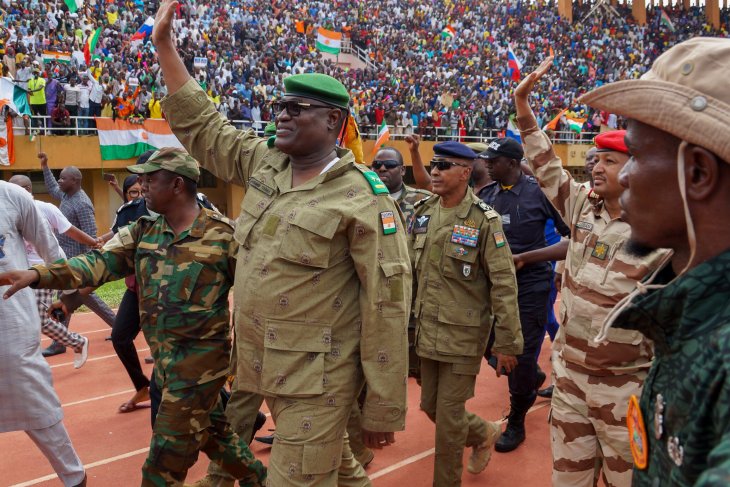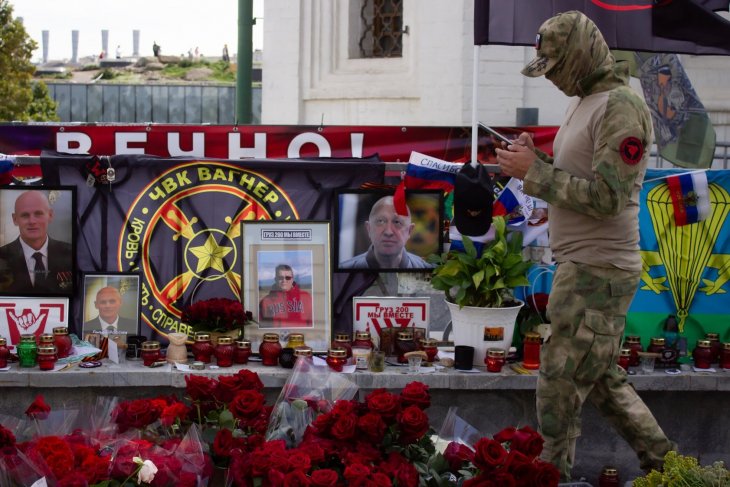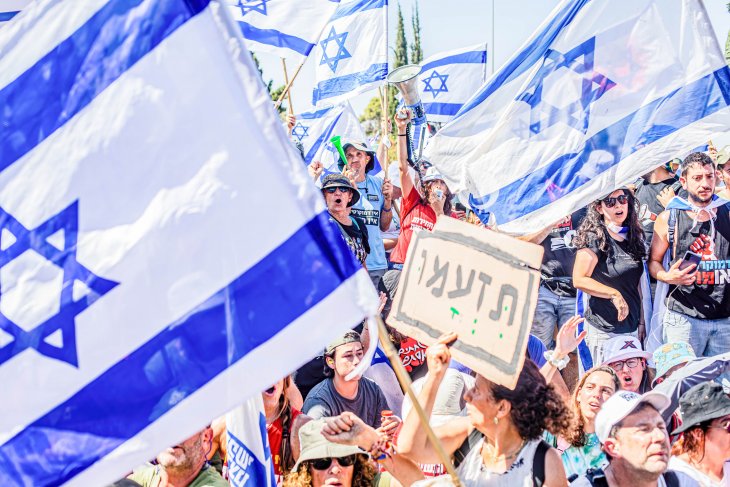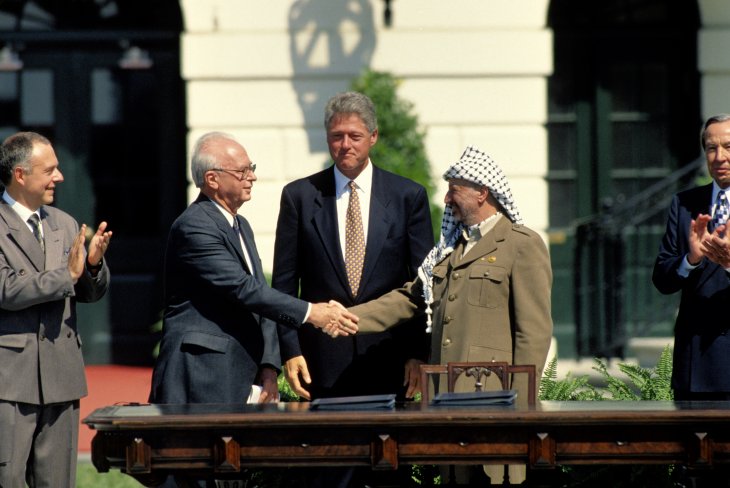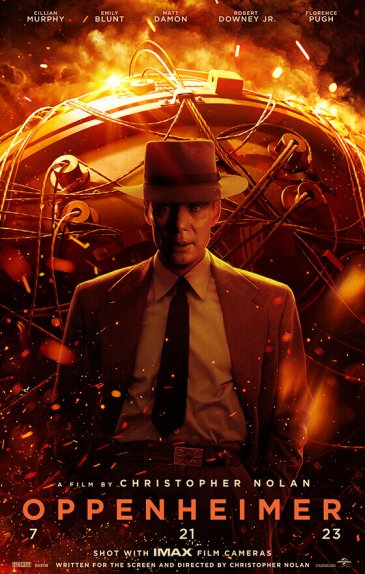Russian President Vladimir Putin’s absence at the G20 summit in New Delhi on September 9 and 10 was not all that surprising and seemed hardly registered by any of the two dozen world leaders who attended.
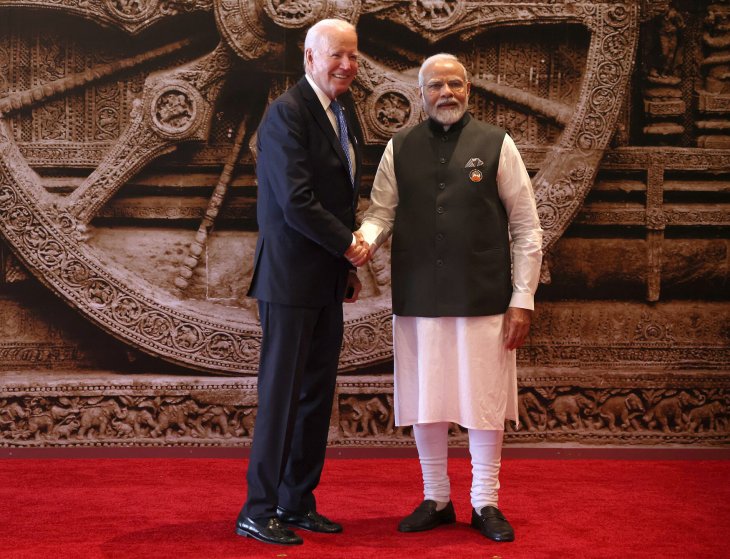
Narendra Modi of India welcomes US President Joe Biden for the G20 Leaders’ Summit on September 9, 2023 in New Delhi. Photo: Dan Kitwood/Getty Images
Putin also missed the previous summit in Bali, Indonesia, and did not attend the most recent BRICS gathering in Johannesburg, South Africa, nor the Association of Southeast Asian Nations summit in Jakarta in early September.
Instead, Foreign Minister Sergei Lavrov has been shuttling from one high-level event to another delivering the same anti-Western message.Read More

